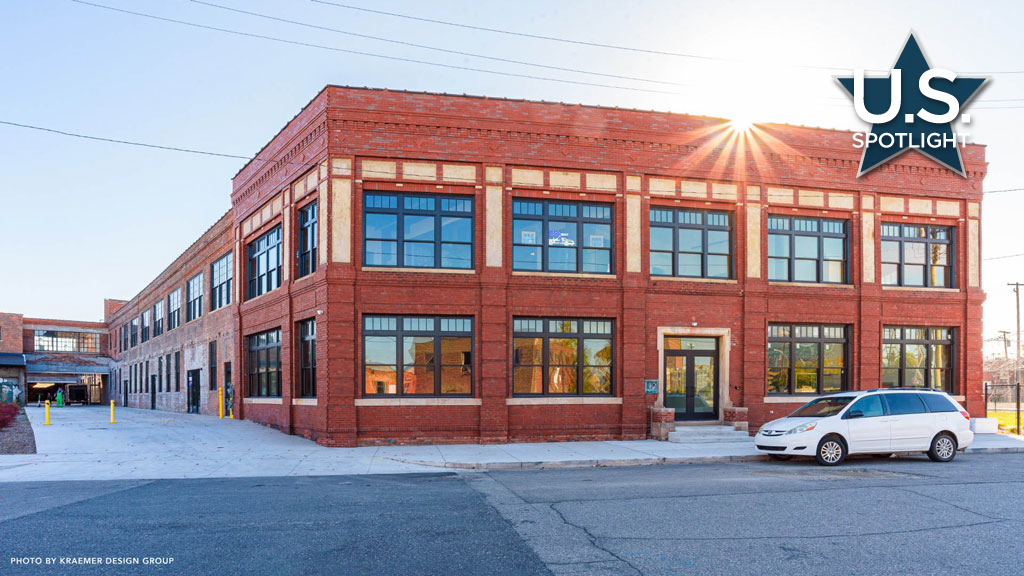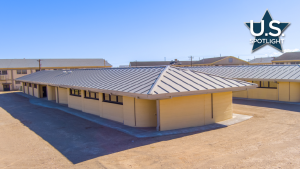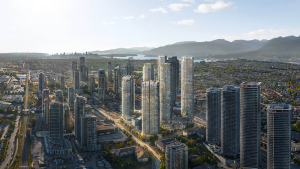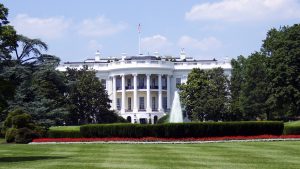The first-ever Detroit artists’ colony that repurposed an old auto factory is now open on the city’s near northwest side.
The building remakes the old Lincoln Motor Factory into a mixed-use development, housing both retail and affordable apartments, many targeted to the city’s creative class.
The $30 million redevelopment faced several challenges but eventually secured an array of funding for a project that spreads redevelopment activity outside of the largely burgeoning Midtown area, just southeast.
The neighborhood is known as Northwest Goldberg, named for an early Jewish resident who first came to the area and created a Jewish district because of racist redlining laws. When those residents moved out, they sold to largely Black families, one of the only demographics to do so in what was – and in many ways still is – a racially divided city.
In fact, one of the developers has a similar name Oren Goldenberg, himself a pioneer in revitalizing older buildings including the city’s last remaining synagogue. He’s also a filmmaker and impresario.
The new mixed-use project’s name? Dreamtroit.
The project dovetails on an existing artist installation, the Lincoln Street Art Project, a creative campus but is also an example of artists reinvigorating an abandoned neighborhood, one of many that litter the post-industrial city.
The new mixed-use development encompasses the Art Project as well as a business called Recycle Here! Drop-off center, started by the other Dreamtroit developer, Matthew Naimi.
The factory indeed made Lincoln automobiles with the firm eventually subsumed by the Ford Motor Co.
“Dreamtroit seamlessly combines affordable housing, creative workspaces and cultural enrichment,” the city said in a press release.
The complex has 76 apartments, five offices and 38,000 square feet of retail and entertainment space. Most of the units are classed affordable. Retailers so far include a grocery, tavern and pizza restaurant.
The apartments are designed for the creative community with 13-foot ceilings, expansive windows and flexible layouts. There are also studios and communal kitchens.
“I think the true accomplishment of Dreamtroit is that we have been able to completely redevelop an economic model and physical structure while preserving the culture and affordability of our community,” Goldenberg said.
Financing has been extensive from mainly public or non-profit community development organizations such as Invest Detroit, Capital Impact Partners, LISC, Detroit Housing for the Future Fund, the Detroit Economic Growth Corporation, Michigan Community Capital and the Michigan Community Revitalization Program.
“Dreamtroit began as a straightforward request for pre-development financing, but it quickly evolved into one of the most complex capital stacks Invest Detroit has ever been a part of,” Mike Vieregge of Invest Detroit said. “The financing involved a mix of historic tax credits, new market tax credits, and both senior and subordinate debt, all working together to bring this intricate project to life.”











Recent Comments